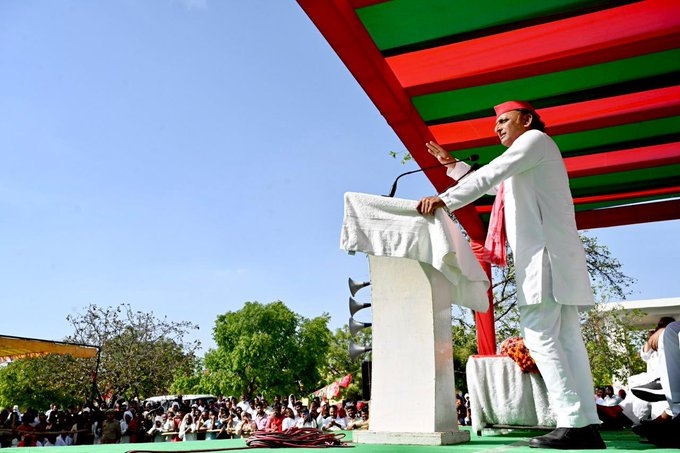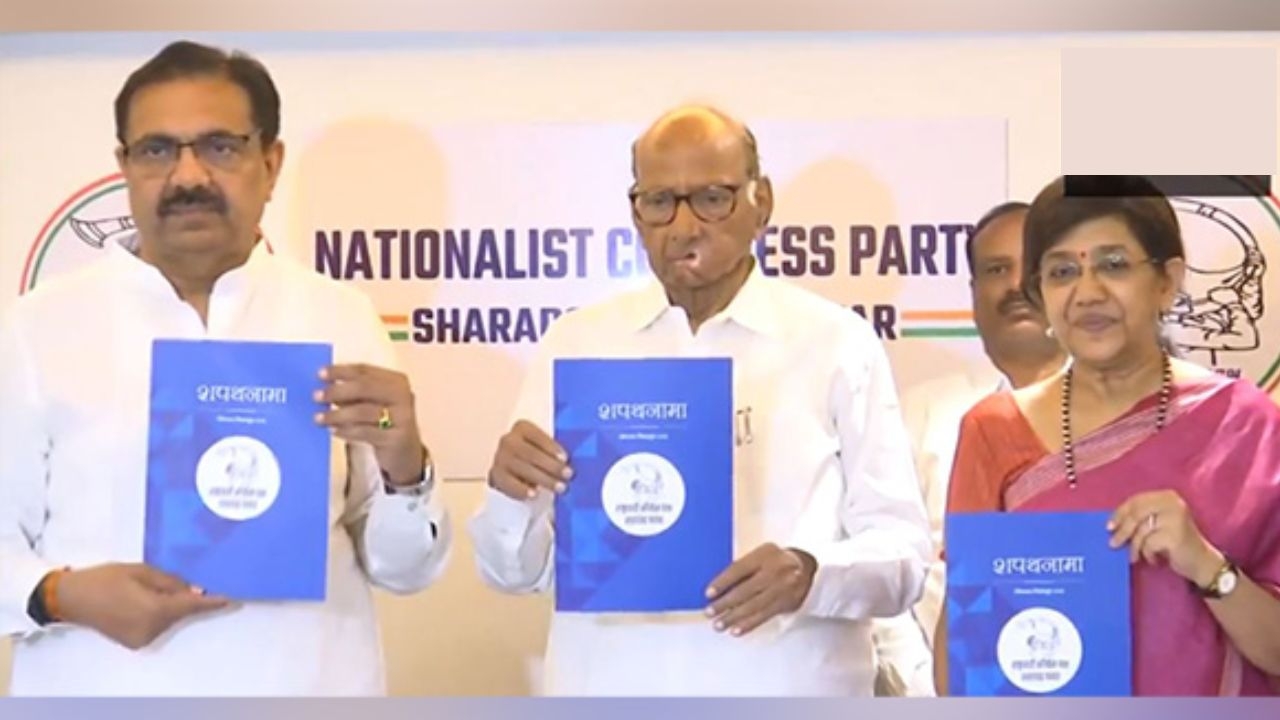Yogi Adityanath seeks former DG Prakash Singh's help to tackle crime in UP
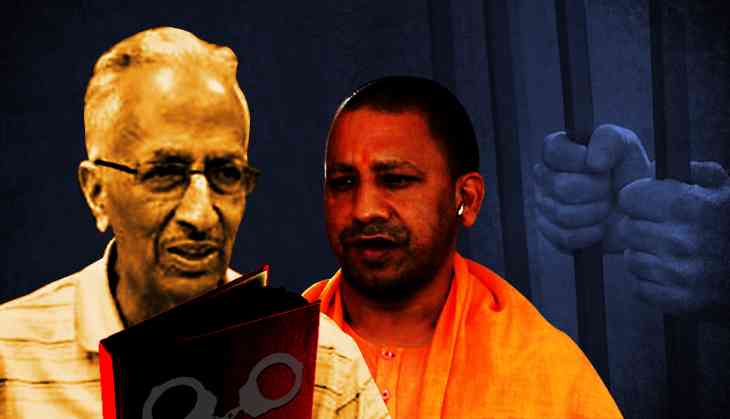
After Yogi Adityanath paid a ‘surprise’ visit to the Hazratganj police station in Lucknow on 23 March, he was criticised for making it a more of a ‘photo op’ moment than a serious inspection of the thana.
The visit itself, it was also pointed out, is not exactly proof that the Chief Minister of Uttar Pradesh is in any way serious about tackling the law and order situation in the state. The only other chief minister to have visited a police station was Chaudhary Charan Singh but he went there incognito. As a result, a few policemen who were looking to take bribes were suspended as they did not recognise their CM.
Nothing of that sort occurred during Adityanath’s visit, but before he left, he warned that his ‘surprise’ visits would continue.
Showing his intent
But two subsequent developments indicate that perhaps the Chief Minister is serious about his intent to fix the problem of crime.
In the first instance, the CM summoned top police officials and enquired as to why an acid-attack and rape victim who was forced to drink acid on the Ganga-Gomti Express had not been provided security. He later visited her at KG Medical College to ensure that she did not become a victim of apathy.
The second instance is of greater significance as the Chief Minister sought out the help of Prakash Singh, the former Director-General of Border Security Force and UP Police, to help prepare a road map for arresting the rising crime graph.
Singh, a recipient of Padma Shree, was the DG police when Kalyan Singh was the chief minister and had won a lot of appreciation for his handling of the crime in UP.
Police reform
Singh admits that he had met the Chief Minister and, at his behest, has submitted a road map to tackle crime and tone up the police administration in the state. Singh did not share details of the blueprint, but said that performance-based appraisals and accountability - which were the keystones that kept the police machinery active during his days - were sure to be part of the proposals.
Singh, who has been a strong champion of police reforms and had filed public interest litigation in the Supreme Court, has strong ideas about what must be implemented – from fixed terms for police officers and to the setting up of a police establishment board to manage transfers, promotions and other service related matters.
A difficult change
The only problem with some of Singh’s ideas is that they are frowned upon by IAS officers who fear that their authority will get undermined. That was the reason why UP, among other states, did not implement police reforms despite Supreme Court’s orders in 2006.
Politicisation of the police force, another area of concern for Prakash Singh, was likely to be part of the road map. Like the police establishment board this idea too may run into rough weather.
Political influence on the police force has always been strong during Samajwadi Party and Bahujan Samaj Party governments that transferring a low-rank policeman was at times impossible for even a DG rank officer. That left many officers frustrated, but political patronage over the years has made the men defiant towards their superiors.
To what extent would the BJP government want the police force to be apolitical remains to be seen, but it is unlikely that the new set of legislators and ministers won’t have their own set of favourite cops for their agendas.
First published: 25 March 2017, 20:05 IST
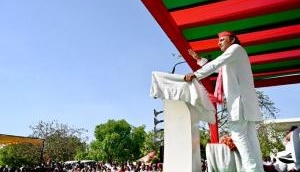
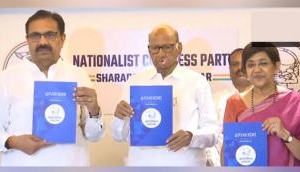
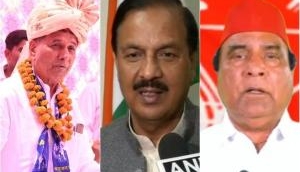
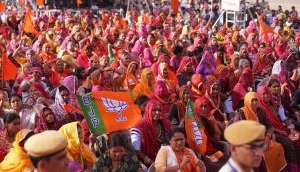

![BJP's Kapil Mishra recreates Shankar Mahadevan’s ‘Breathless’ song to highlight Delhi pollution [WATCH] BJP's Kapil Mishra recreates Shankar Mahadevan’s ‘Breathless’ song to highlight Delhi pollution [WATCH]](http://images.catchnews.com/upload/2022/11/03/kapil-mishra_240884_300x172.png)

![Anupam Kher shares pictures of his toned body on 67th birthday [MUST SEE] Anupam Kher shares pictures of his toned body on 67th birthday [MUST SEE]](http://images.catchnews.com/upload/2022/03/07/Anupam_kher_231145_300x172.jpg)


